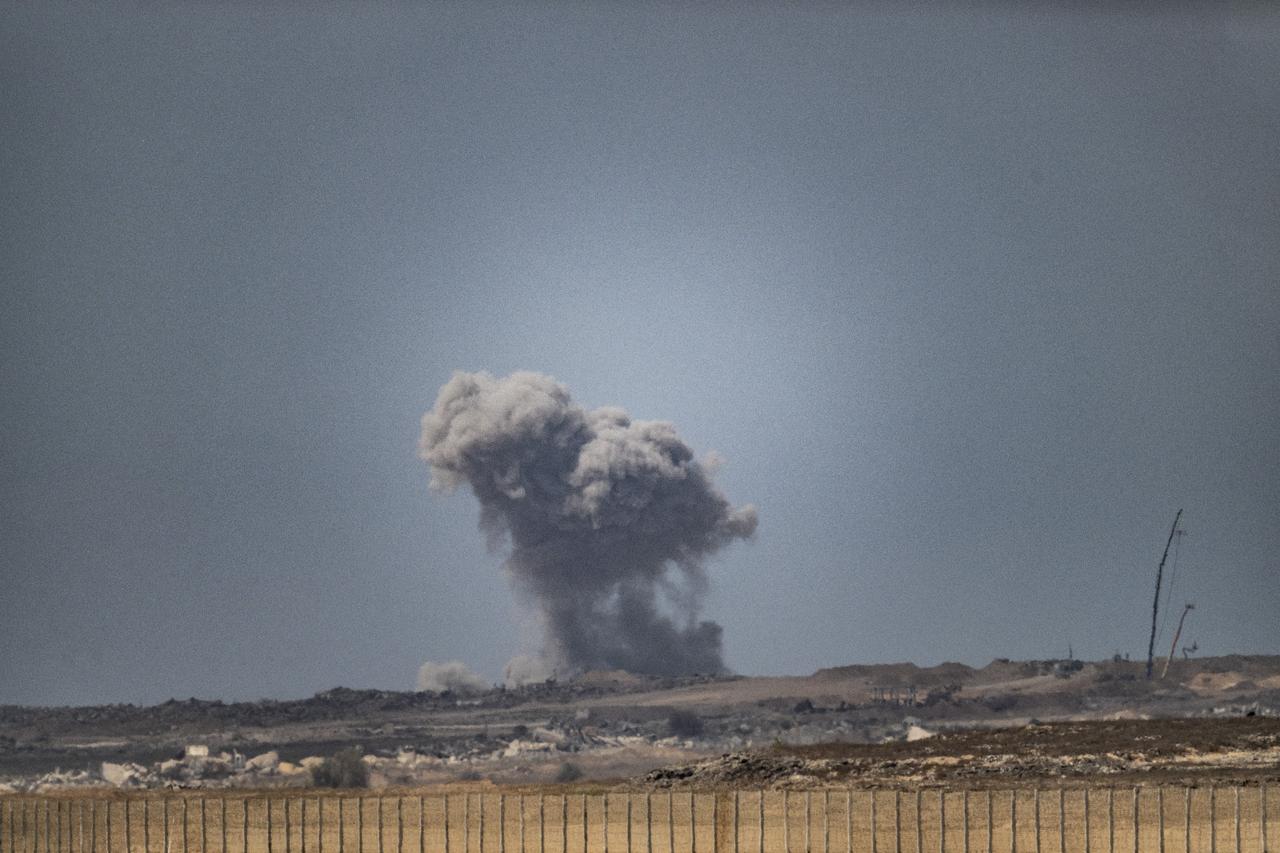
Same day, same tragedy, same aggressor: From Sabra and Shatila in 1982 to Gaza in 2025, Israel repeats history with devastating force.
Sept. 16, 1982: In the Sabra and Shatila refugee camps of Beirut, Israel-backed Lebanese militias carried out a brutal massacre over three days. Defenseless civilians—women, children, and the elderly—were systematically killed. Official records report 800 deaths, while eyewitnesses claim nearly 3,500 Palestinian civilians were slaughtered. This date has since remained engraved in Palestinian collective memory as a symbol of genocide.
Sept. 16, 2025: Forty-three years later, on the very same day, the Israeli military launched a large-scale ground offensive in Gaza. Tanks entered city centers, and airstrikes pierced the night sky. In northern Gaza, over 1 million civilians are being forced to flee amid starvation and bombardment.
The parallel is impossible to ignore: on the anniversary of Sabra and Shatila, Gaza faces a stark reminder that history is not just remembered—it is repeating itself.
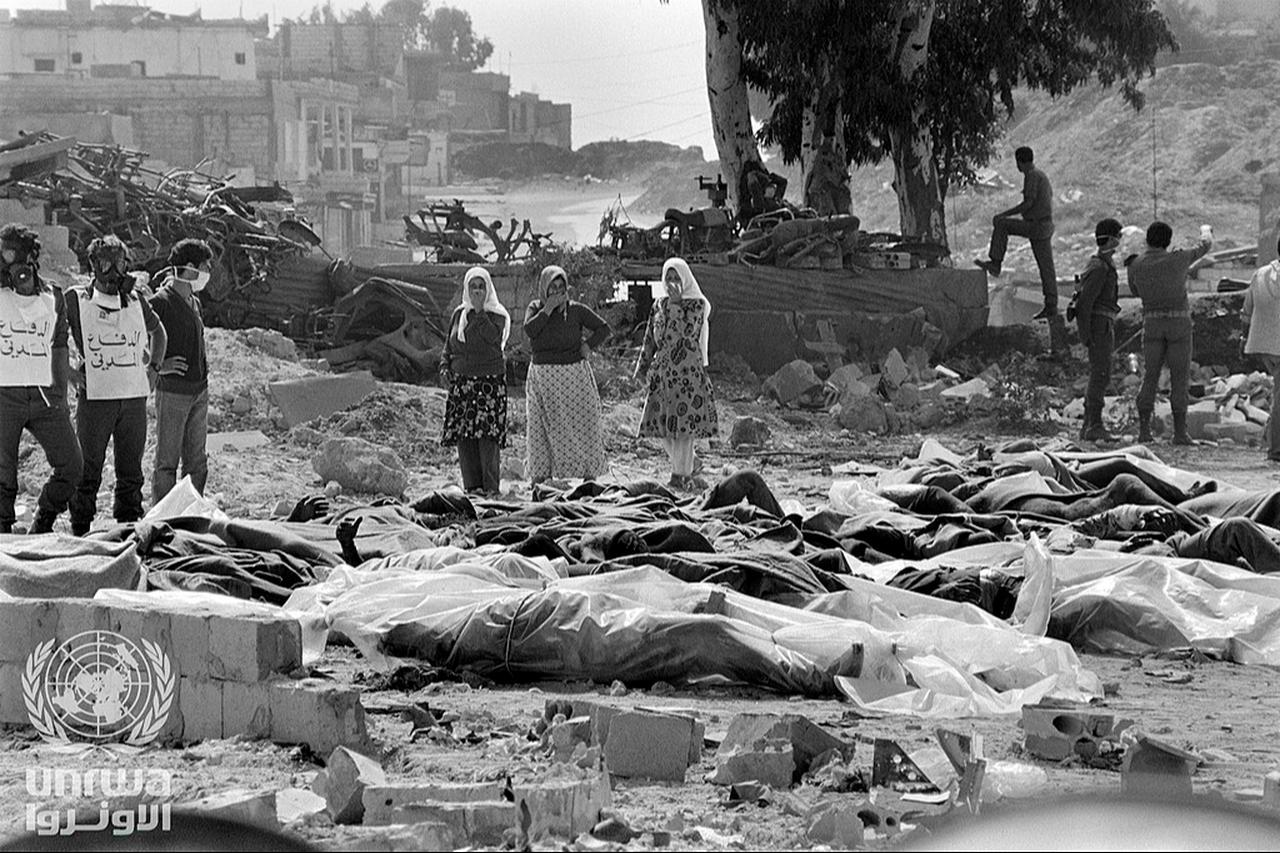
In 1982, approximately 20,000 Palestinian refugees lived in the Sabra and Shatila camps. These were men, women, and children who had already fled war and displacement, now trapped in the crossfire of Lebanon’s civil conflict. The assassination of Bashir Gemayel, leader of the Phalangist militia, sparked a horrifying retaliation.
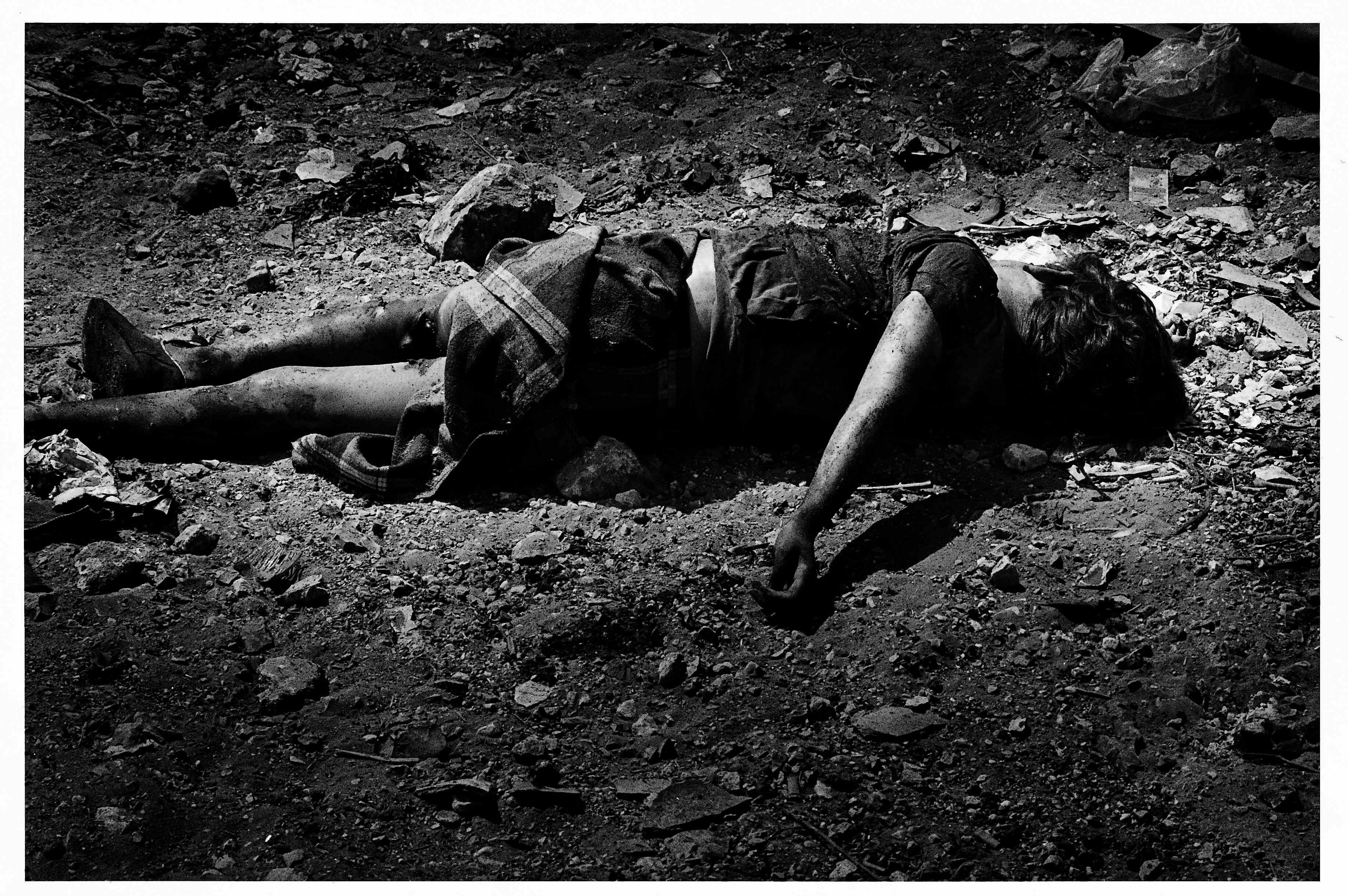
Israel’s Defense Minister Ariel Sharon claimed the camps were hiding “terrorists,” providing a pretext for the massacre. Under the command of Elie Hobeika, Phalangist militias entered the camps while Israeli forces sealed exits, controlled communications, and provided oversight—but intervened not once.
For three days, terror reigned: rape, torture, and executions. Infants were thrown into trash bins; men were lined up and shot. Robert Fisk, reporting from the scene, wrote: "Sharon is a butcher leaving behind bloated corpses, raped, tortured, and then murdered women and babies."
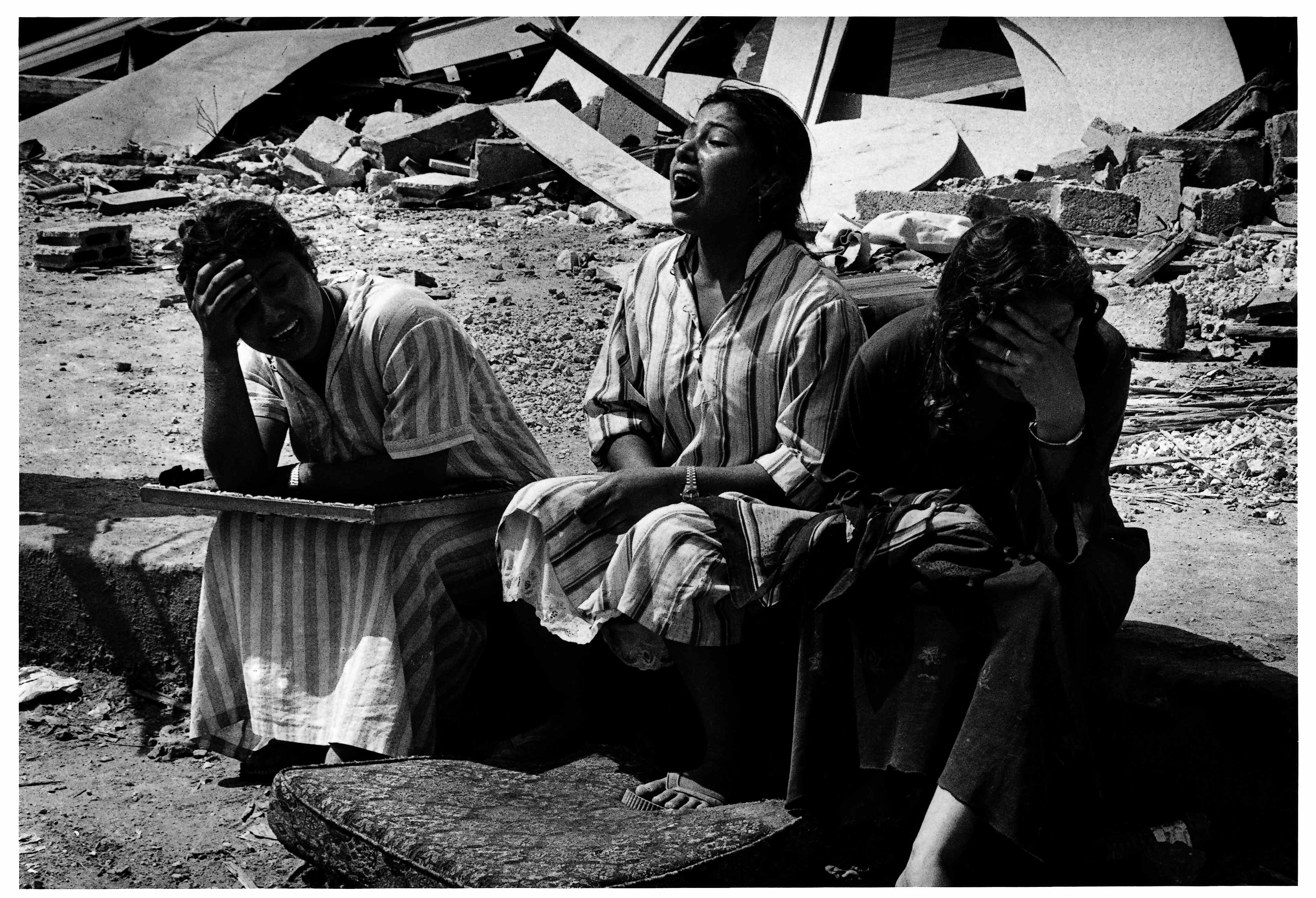
Ryuichi Hirokawa, a Japanese journalist, described the surreal horror: "The sky was blue. Inside the camp, clean laundry hung. A few steps in, corpses lay in the streets. I began to cry."
The Kahan Commission later deemed Ariel Sharon “indirectly responsible.” He resigned as defense minister but went on to become Israel’s prime minister in 2001. The perpetrators of the massacre were never held accountable.
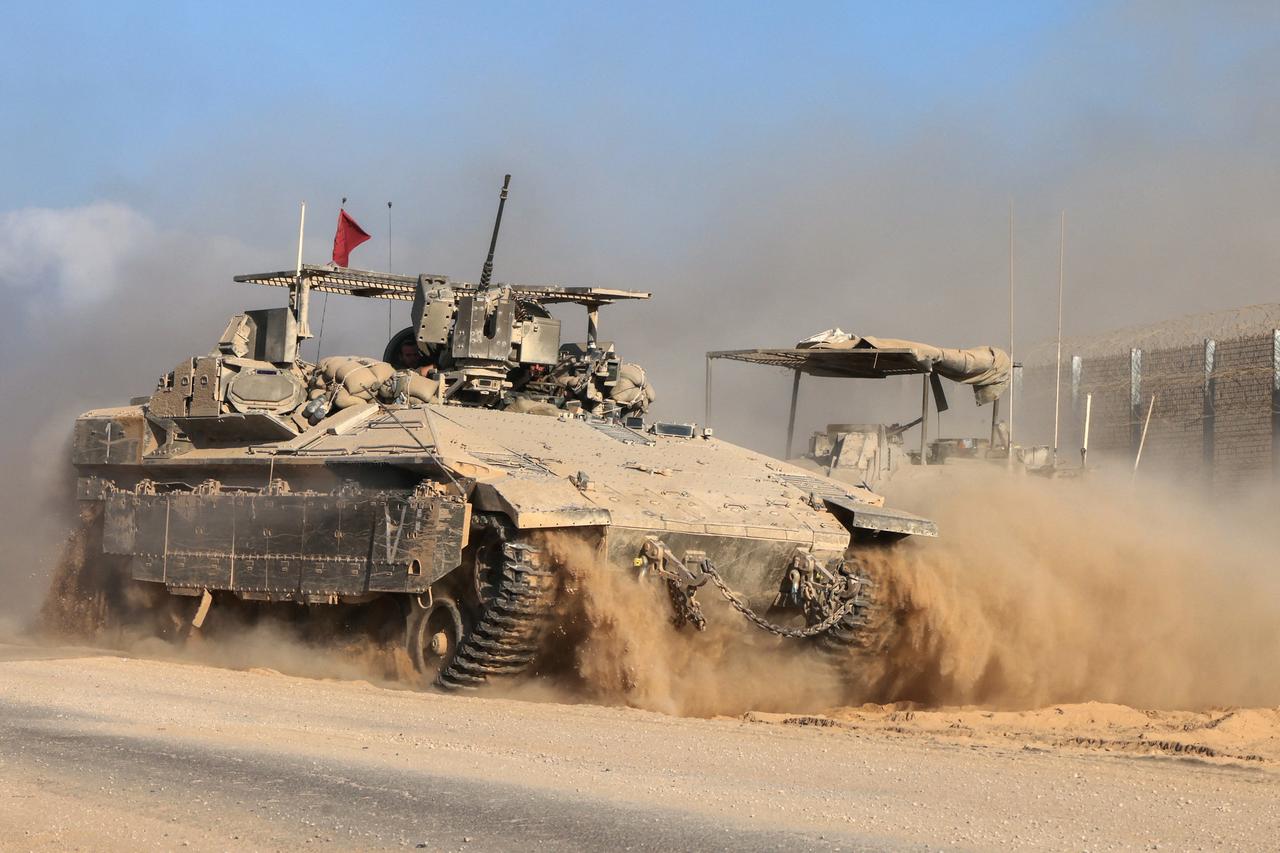
Fast forward to 2025. Israel’s military launched a coordinated offensive in Gaza, using tanks, artillery, and airstrikes as part of a long-planned occupation strategy. Civilian casualties are mounting: at least 47 dead, hundreds injured, and over 1 million forced to flee in northern Gaza alone.
On the day the offensive began, the United Nations Independent International Commission of Inquiry on the Occupied Palestinian Territory, including East Jerusalem and Israel, released a landmark report declaring:
"Israel has committed genocide against Palestinians in the Gaza Strip."
The commission called on Israel—and all states—to fulfill their obligations under international law to “end the genocide and punish those responsible.”
The Palestinian National Council described the situation as a “flight from a life of hell to death.” Hamas condemned the attacks, stating that Israel’s actions “surpass the brutality of the Nazis.”
International law experts warn that the offensive violates the Geneva Conventions, citing the forced displacement of civilians, attacks on infrastructure, and obstruction of humanitarian aid as potential war crimes.
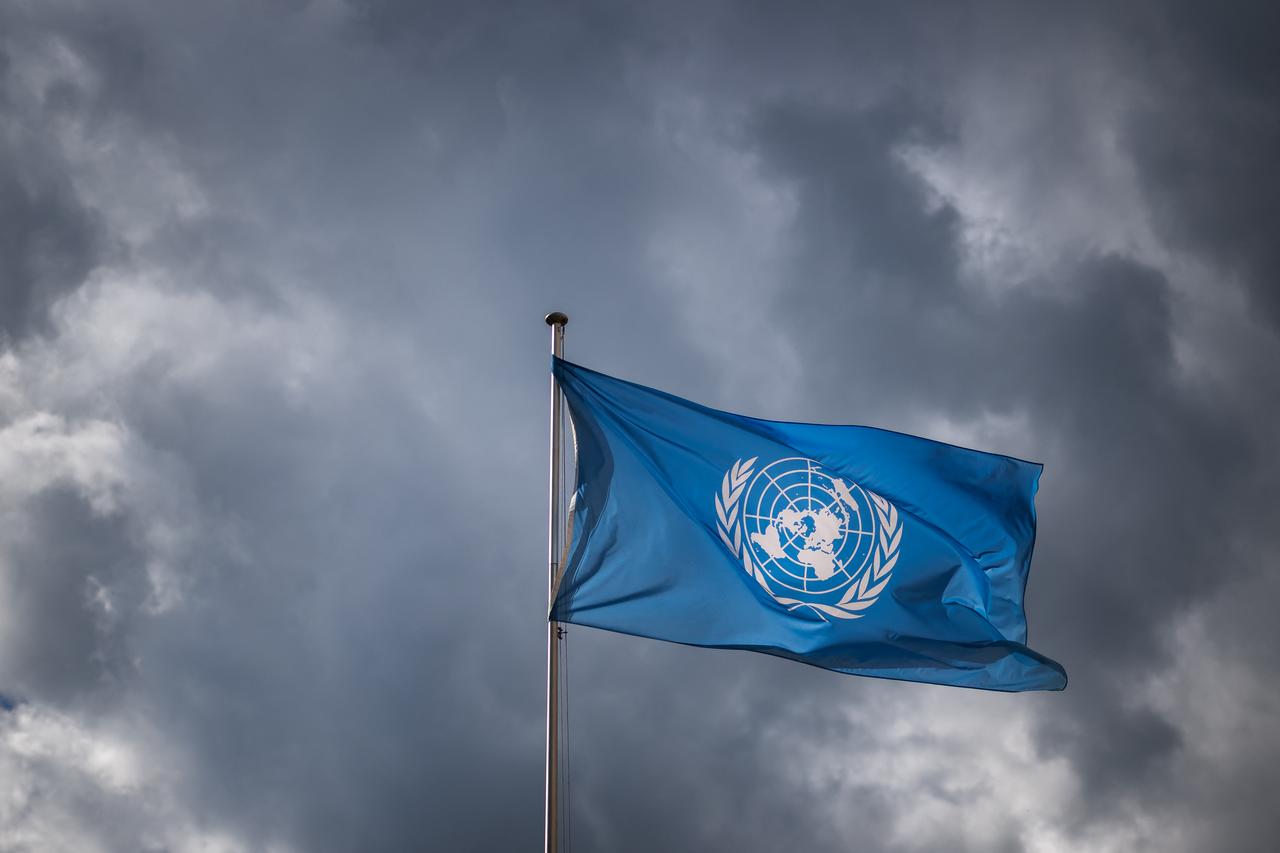
The Gaza offensive has not only caused a humanitarian catastrophe but also triggered a seismic shift in international diplomacy. By September 2025, 147 countries had officially recognized Palestine, reflecting a growing consensus in favor of Palestinian statehood. Countries such as France, the United Kingdom, Canada, and Australia have publicly announced plans to recognize Palestine at the U.N., signaling that diplomatic momentum is shifting despite opposition from Israel and its traditional allies.
The offensive has intensified scrutiny of the United States’ role. While the U.S. has historically used its veto power at the U.N. Security Council to shield Israel from censure, growing international pressure—including from European and Latin American nations—is challenging this long-standing diplomatic posture. Analysts suggest that repeated military operations and civilian casualties are eroding Israel’s ability to rely solely on its strategic allies, potentially opening space for meaningful U.N. resolutions and international legal action.
The United Nations itself, through its Independent International Commission of Inquiry, has added weight to these diplomatic pressures. In a landmark report released on the first day of the operation, the commission declared: "Israel has committed genocide against Palestinians in the Gaza Strip," calling on Israel—and all states—to meet their obligations under international law to “end the genocide and punish those responsible.”
This combination of international recognition, legal condemnation, and global public opinion places Israel in an unprecedented diplomatic quandary. Countries that previously maintained cautious neutrality are now openly challenging the occupation and advocating for Palestinian protection, signaling a potential turning point in Middle East diplomacy.
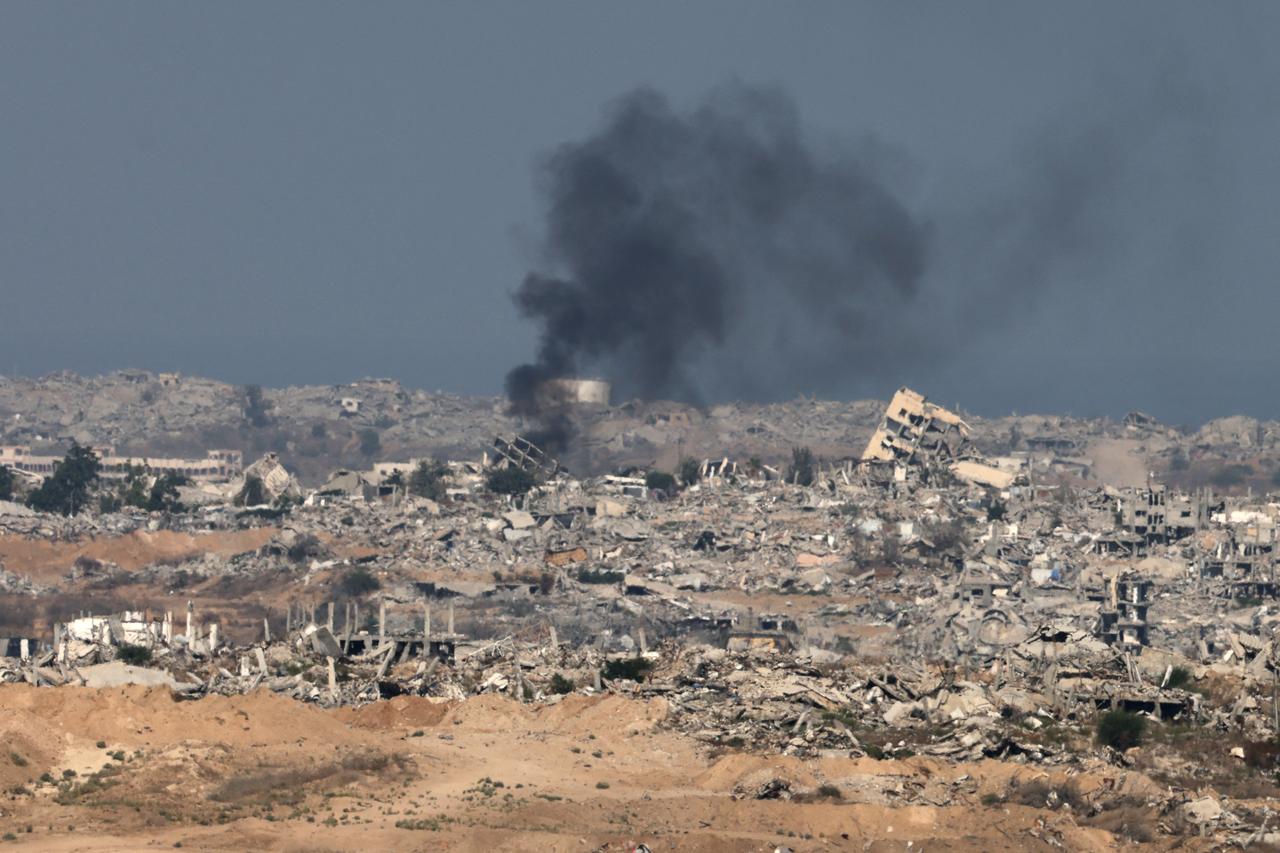
Sabra and Shatila were not just a massacre—they became a symbol of collective trauma and resistance. Gaza, 43 years later, is living that trauma anew. The children killed in 1982, the children bombed in 2025—they are part of a history that refuses to be forgotten.
On the anniversary of Sabra and Shatila, the world is reminded that history does not simply repeat—it warns, it demands reflection, and it cries out for justice.